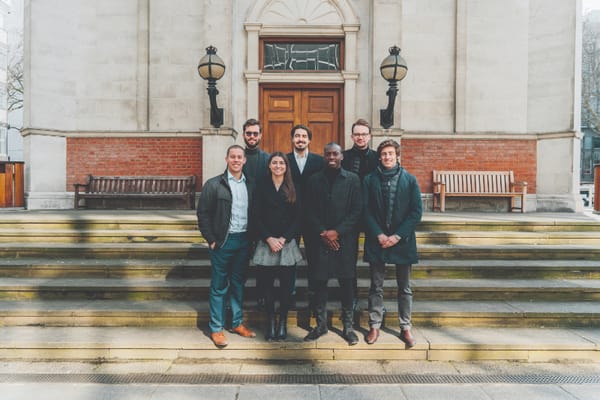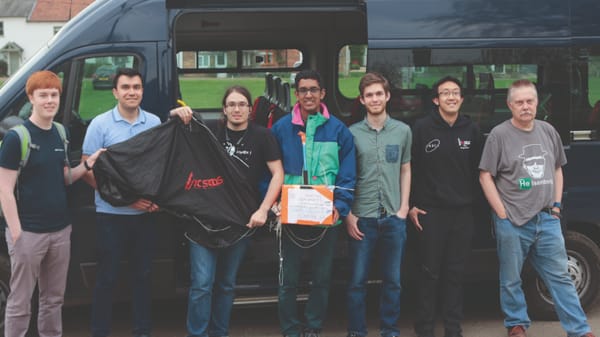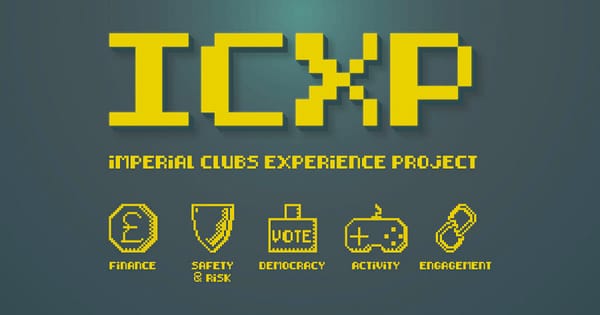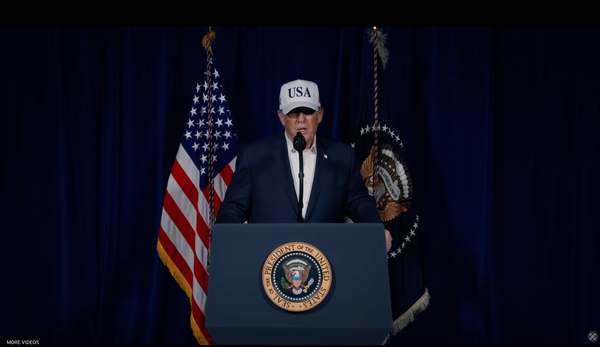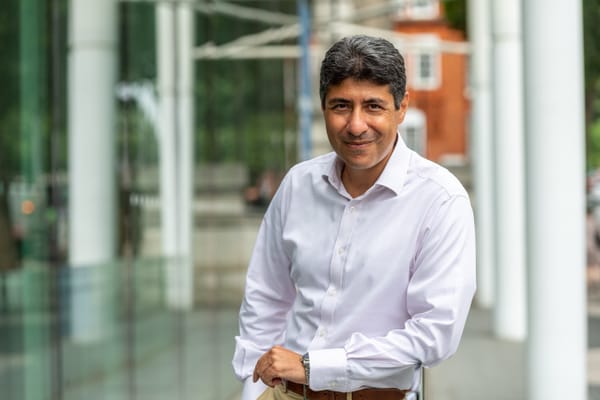Israel Tech Trip: Learning about culture and tech
A group of students went to the country with the highest concentration of start-ups per capita to learn more about technology.

Often featured in the news for its continuing conflict, Israel is a country most people probably associate with conflict. However, a little known fact is that the country also houses the highest concentration of start-ups tech companies per capita. Given the country’s young history, Israel is firmly cemented in the world of modern technology. Needless to say, our expectations were high when we were given the opportunity to visit Israel as part of the Israeli Society Tech Trip.
Since its inception in April 2017, the Israeli Society Tech Trip has grown exponentially: as well as taking 55 students this year, it has also begun expanding operations to other universities. To describe the trip itinerary as jam-packed would be an under-statement, visiting ten companies in five days in three major cities. The first day started off the back of a 4am arrival into Tel Aviv-Yafo airport. Then heading to Jaffa, the Old City, situated a few kilometers south of Tel Aviv, where we soaked up the rich and vibrant atmosphere, before hitting the hay at 3am the next day.
Amongst the array of world-renowned companies visited on the trip, Checkpoint stood out the most. Checkpoint delivers pioneering cyber-security services, and their talk detailed the current landscape of cyber-security. We were treated that evening to dinner by some local residents who used the EatWith app, which allows local residents to open up their homes for dinner (for a group of 55 in this case!), with some live music through the night.
The tech highlight of day two was our visit to local start-ups, Carbyne, and healthy.io. The former delivers video capabilities to emergency calls for first responders, while the latter optimises chronic disease management using AI. Whilst the technology piqued our interest, lunch for that day was what stole the show – a food tour of Carmel Market, tasting the local delicacies such as sabich and malabi. Sabich is a pita filled with aubergine, eggs, and tahini, whereas malabi is a rose-flavored pudding similar to a blancmange. To bring the day to a close, we were honoured by a talk given by Bennie Schneider, a serial entrepreneur who gave some useful tips about starting out in the tech industry having sold his startups, P-Cube and Pentacom, to Cisco.

Day three started with a trip to Tel Aviv University to learn more about the higher institutional scene in Israel, before heading out to a Kibbutz, a communal homestead rooted in agricultural practices, in the middle of the Negev. This kibbutz served as the HQ for Netafim – an irrigation manufacturer who managed to cultivate farmland in the desert conditions of the Negev. Then to learn more about life as an Israeli student, we were hosted for dinner by students at Beersheba University.
To change pace, the next morning started with a jaunt down to the Dead Sea to relax and recover from what had already been an action-packed three days. After a monumental climb back up to normal altitude, we began the more cultural aspect of the trip, starting in Jerusalem. Here, we toured the city, visiting sites such as the Holy Sepulchre and the Western Wall. After soaking in the atmosphere of the city, we were treated to an inspirational talk by Fiona Darmon, COO at Jerusalem Venture Partners, a venture capitalist firm investing in a diverse background of companies. We then headed to the market, turned from a bustling food market turn into a bar, just as busy as it had been in the day.
Our final day in Israel started at Yad Vashem, Israel’s memorial to the victims of the Holocaust, where we were walked through exhibits detailing the atrocities of the Holocaust. Next on the agenda was a visit to the Weizmann Institute, a higher educational research centre, where we learnt more about the opportunities available to continue academia in Israel after university. MobileEye was the final tech visit of the trip, and perhaps one of the most entertaining. We learnt more about how self-driving can be achieved, and how MobileEye, a startup, had been bought by Intel for $15.3bn. We were able to discuss the technology behind the system they had been developing, and the ethics of self-driving vehicles, given the recent news about Tesla and Uber accidents involving self-driving vehicles.
The experience as a whole was truly eye-opening, giving us an inside look into the history and future of a young country. We were able to appreciate both the cultural and tech aspects of Israel, in a unique way – a way which involved us getting approximately no sleep for six days, but was worth it nonetheless. Thanks to the Israeli Society Committee for organising such a memory-forging, experiential trip, and we look forward to seeing it grow in the future along with the friendships we made!
See it live here.


